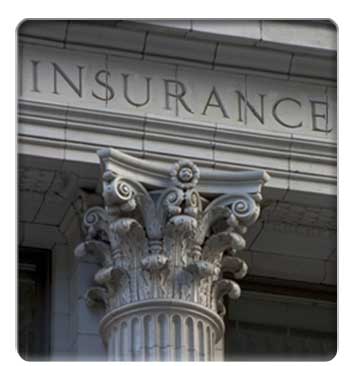
Florida Insurance Law Prompt Notice Requirement
Most if not all Florida insurance policies have a requirement that all insurance claims must be reported as soon as possible. The purpose for requiring timely notice of an insurance claim is to permit the insurance company an opportunity to inspect the damages and to determine the cause of loss as soon as possible. If too much time passes from the time the damages occur, it may not be possible for the insurance company to determine the cause of loss and whether it is covered under the insurance policy. If an insurance claim is reported late, there is a presumption that the insurance company has been prejudiced by the late reporting and cannot determine the cause of loss. Denial of an insurance claim is proper if there is late notice of the claim and if the insurance company has been prejudiced by the late reporting. The presumption that the insurance company was prejudiced can be rebutted by evidence that the lack of timely notice had no impact on the ability of the insurance company to complete its investigation and to determine the cause of loss.
Summary Judgment Not Permitted When Prejudice is Disputed
In this Hurricane Wilma case, the homeowners reported roof damage to their home in 2009 even though the storm was in 2005. The homeowners had reports from two different roofing companies that concluded the damages were caused by Hurricane Wilma. The insurance company claimed by way of an affidavit that it could not determine that the damages were caused by Hurricane Wilma because the homeowners failed to timely report their claim. The Fourth District Court of Appeal reversed the trial court’s summary judgment in favor of the insurance company because it found that the issue of prejudice to the insurance company was in dispute If there is no prejudice to the insurance company then denial on the basis of late notice would be improper. The case was ultimately remanded back to the trial court for a trial to determine if the insurance company was in fact prejudiced by the late notice.
Lesson of the Day
If you have a Florida insurance claim, make sure to report that claim to your insurance company as soon as possible or you risk having your claim denied. Document your claim by taking plenty of photos for the damages and what appears to you to be the cause of loss. Keep a written journal of your calls to the insurance company and try to communicate with the insurance company in writing as much as possible. Finally, if the cause of loss looks to be disputed by the insurance company, get reports from contractors, engineers or other relevant experts as to what caused the damages so you can support your claim later and defeat any defense of prejudice if needed.
Related Topics: Florida Insurance Law, Florida Homeowner Insurance Claim, Florida Insurance Contract, Florida Insurance Claim Denial, Florida Insurance Claim Late Reporting


